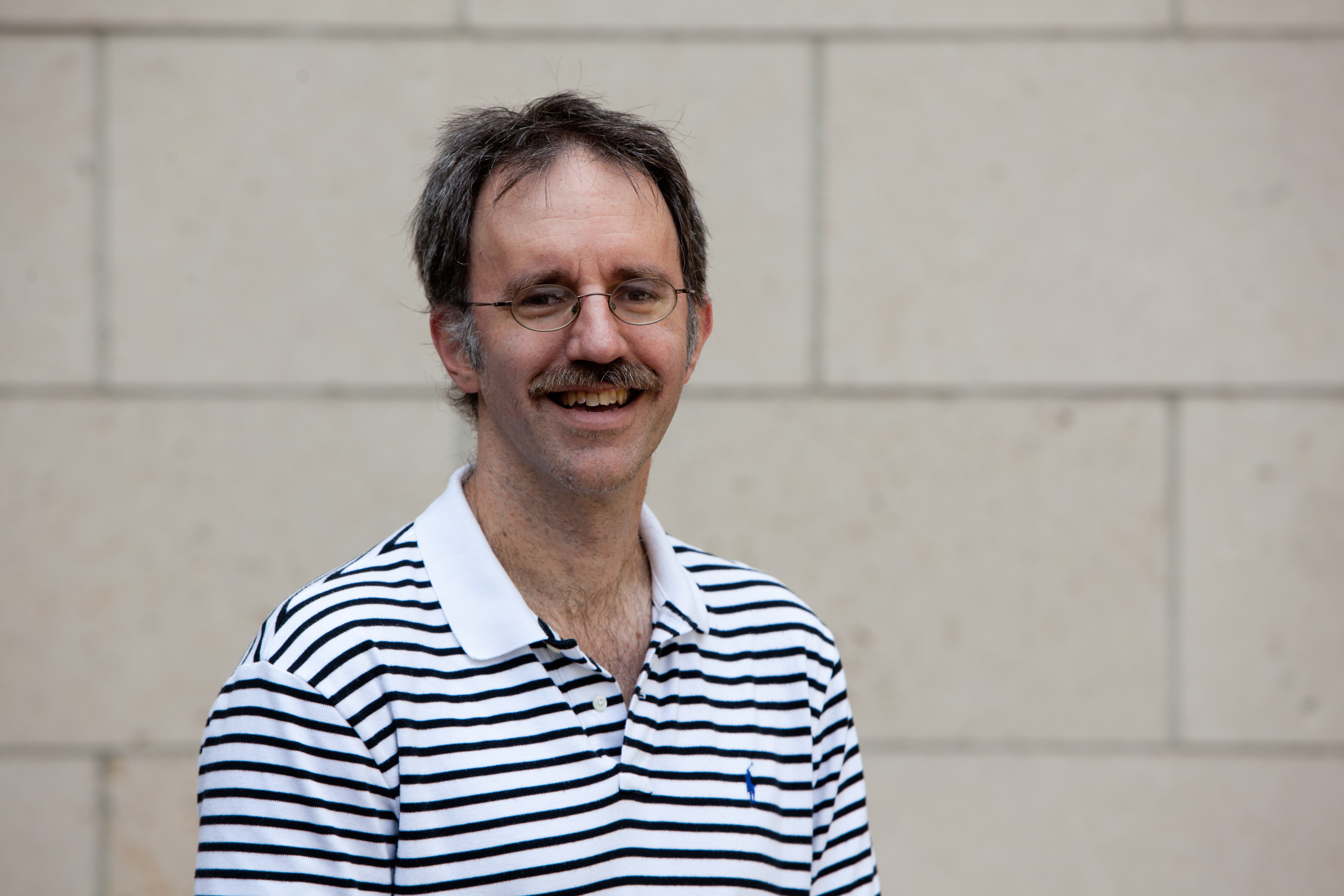
| Event Details |
|---|
|
Thursday, May 7, 2015 Talk:
10:00 am-11:00 am, 347 Avery Hall
Reception:
9:30 am, 348 Avery Hall
|
Steve Cooper, P
Professor, Stanford UniversityAbstract
Students learn a great deal as they complete class assignments. And yet, all that is graded (and all that is made available to the professors and course staff) are students’ final results. We wanted to know what could be learned if we could see more from the students than simply their final output. This talk discusses a study that was run where we collected hundreds of intermediate versions of student code for each assignment from a large introductory programming class. We wanted to know whether studying the process of a student doing an assignment (in other words, how students produce their solution to a problem) could provide additional information beyond simply evaluating the final submission. We used machine learning techniques to model the process of students producing a solution to an assignment, and found this model to be predictive of future student successes/struggles in the course.
Speaker Bio
Steve Cooper is an Associate Professor (teaching) in the Computer Science Department at Stanford University, and holds a courtesy appointment within Stanford’s Graduate School of Education. His research interests lie in computer science education, program visualization and semantics. He is most well known for his work with Alice. Current projects on which he is working include the creation of a serious game to teach secure coding practices to novice programmers, incorporation of a intelligent tutoring system into Alice, exploring how introductory CS can be taught in an online environment, and using machine learning techniques to better predict student trajectories in introductory computing classes (which is the focus of this talk). He is also working on expanding the usage of Alice in K-12, and internationally. Steve is interested in democratizing computer science education. He is also trying to elevate CS education research to a comparable status as other STEM education research disciplines.